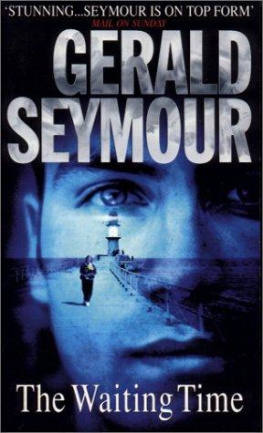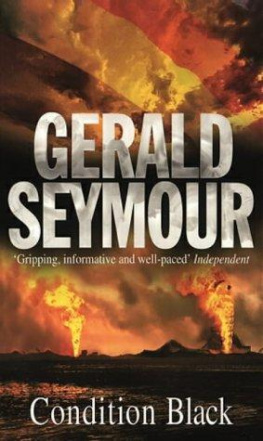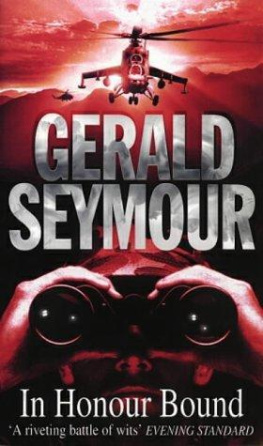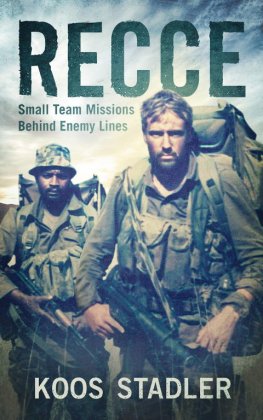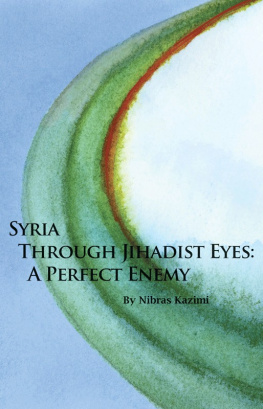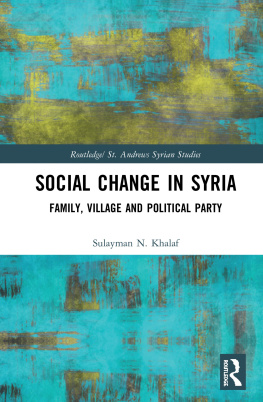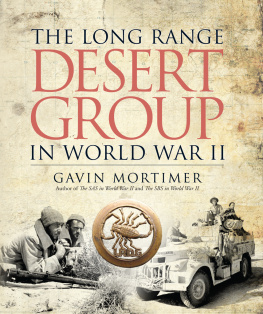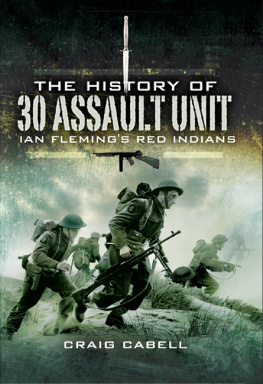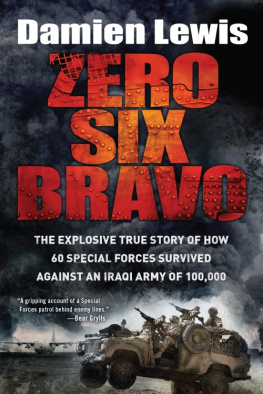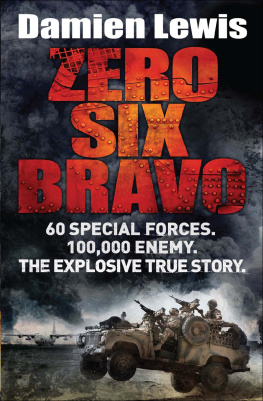Gerald Seymour
BEYOND RECALL
For Harriet and Georgia and Alfie
Location: Delta Alpha Sierra, June 2017
He thought he might have to kill her.
She came up the gradual slope of grit and scree. Because there were thorn bushes and tufts of yellowed grass, her livestock went ahead of her, shepherded by two dogs that alternately walked close to her heel and charged to head off attempts by the more independent goats to break from the group. The thought of taking her down distressed him.
He would have been described, he reckoned, as a kindly boy: twenty-six years and four months old, with no history of vindictiveness, cruelty, or violence that could be called gratuitous, that had found its way on to his personnel file. Enjoyed his work and considered good at it by his superiors. He was used to making fast judgements on what confronted him. He lay cramped in the hide that he had fashioned in the nights darkness, a few stars to give him enough light to burrow under the lip of earth and stones. He had used the excavated earth to build a shallow parapet and was protected by camouflaged scrim netting that would hopefully prevent light reflecting off the lenses of the optics he had brought with him. The problem that faced him was that the goats and the dogs seemed intent on moving in a straight line that ended at his hide. If they kept going, the four dozen goats and the two dogs and the one girl would meander or stamp right over him. The goats would scatter, the dogs would set up a chorus of hysterical barking, she would scream, and the cavalry hers, not his would come.
He had been trained to kill, and had both the kit and the expertise.
His decision. Not one that could be shared, kicked around the briefing room. The guys in the unit, and the girls, liked to think of themselves as an lite collection of individuals without the constraints of laid-down procedures. They were supposed to think, weigh up consequences, then act. Instructors had drilled into him the techniques of punching, eye gouging, heel-of-hand chopping, bollocks kicking, everything that would incapacitate an enemy, and he had fired thousands of rounds on ranges from his assault weapon, and had been in the buildings where they did short-range pistol shooting. He carried pepper sprays and grenades that did smoke or flash-and-bang. There seemed to him an inevitability about her progress up the hill towards him; she might reach him in five minutes, or in ten if the goats found forage.
A mobile phone was in a pouch sewn into the upper arm of his tunic. A short wave radio was at the top of the rucksack he had carried into the hide. He could have sent a message telling Control that he was about to be compromised, might have to bug out and fast. The sun was behind him and threw shadows, but the ground above and below the lip that he had chosen was well lit. With his gear there was no chance of him slipping away unobserved. They were Shami goats. He knew enough of the Syrian culture, had been lectured on it, to recognise that these were prized beasts. They were tall, had fine coats, red and black and brown, and had distinctive drooping ears, mostly white. They were top quality and valuable, treasured for the quality of the cheese and yoghurt made from the milk taken from their ample udders. These goats would not have been left in the charge of an imbecile kid, nor one who would plant themselves on a stone and drift off into a fantasy world of boys or girls, of peace or war, of She would be bright, and looked bright, and there were moments when the sunlight caught her face. She drifted after the herd and sometimes bent to stroke her dogs heads and seemed alert, and he saw worship in the dogs eyes as they looked up at her.
Why might he have to kill her?
Because this was Syria and the village she had come from was at the bottom of the slope, adjacent to a main highway, and was half an hour from a front line that had not been stabilised. The road had, Control had briefed the night before, a specific strategic importance. Away from the road, out of sight and dumped there as a sort of after-thought, was a village: probably home for centuries to a community of people existing from hand-to-mouth agriculture. Now, at the arse end of the war, it was a cluster of untidy single-storey concrete blocks built without a planners pattern, with water from a well and intermittent electricity that probably came from a dangerous tap into a main cable running north to south on the roads verge. It would have been visible, of course, to helicopters or drones, but it seemed to have missed out on the agonies of the fighting that had rolled backwards and forwards across this God-forsaken landscape. She had been early from her hut and had gone with the dogs to the barricaded pen where the animals were kept during darkness, and had started out in search of food for them. The rest of the village was now awake and on the move. Control had said that it was necessary to learn about the village, who visited, where its allegiance lay: there should be eyes on the ground because satellites and drones did an imperfect job. Human Intelligence ruled, and it was the trade. Where did its loyalties lie? He was supposed to find out. There were alternatives to killing her.
He could bug out now and emerge from his hole like a startled rabbit and load up his rucksack and rifle, his binoculars around his neck, and get to the top of the slope and forget about her and the dogs and the goats and ignore all hell breaking behind him and start to tramp across featureless ground, without cover or hiding place and no chance of a rescue Chinook, British or American, getting to him within a fifteen-minute window. An alternative was an immediate response demand for the Hereford gang to belt out of their discreet lie-up bivouac, leave dust trails as they came to lift him out and the whole business aborted. Which did not take into account what would have happened when the dogs barked, and she screamed and the boys down in the village some of them already wandering and stretching and spitting and pissing over by the goalposts of their stone-littered football pitch heard them, heard her. Most had assault rifles hanging off their shoulders. Trail bikes were outside some of the houses, and Toyota and Nissan pick-ups haphazardly parked. Women were appearing, carrying bundles of clothing towards the river that skirted the far end of the village, near to the football area, and one spotted the girl and shouted to her, and she answered in a sweet singsong voice, and there was cackling laughter and waving. When the dogs were frenzied, and when she screamed, then the hordes of Hades would come in pursuit. Within two, three, minutes, before the Chinook was even airborne and before the Hereford boys had clanked up their engines, he would have been hunted down.
Not simple, the matter of killing and silencing her and not bringing all hell down on his head. He would have shown out. For his unit, the big disaster was to compromise a mission by being discovered and an even bigger disaster was to be captured or killed. Better, marginally, to be killed, even though his gear would be worth a fortune to a village community such as this. What would they do? What chance of them making him a cup of tea, giving him a bacon sarnie, and driving him fifty miles across the desert to the Forward Operating Base where he worked? What chance of them rating him as an item of value, establishing him as a British soldier and trussing him up like a Christmas turkey, taking him down the main highway, south, to where the Iran boys were thought to be establishing a garrison camp. Better to be killed, he estimated, than handed over to them might live to tell the tale, might not. And the Resistance to Interrogation courses theyd sat through promised only a taste of an end-game for a prisoner.


